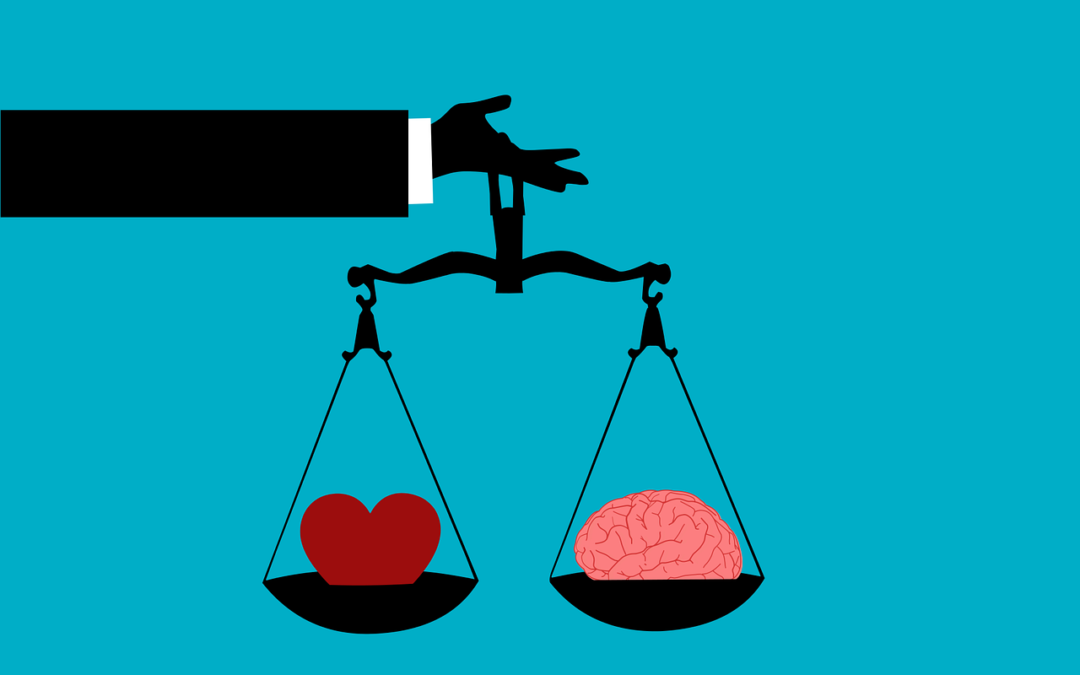“I’m so OCD.” How many of us have said those exact words—or some variation using a different mental illness — to flippantly describe their behavior during a specific situation? Maybe you’ve rearranged the dishes in your dishwasher after your husband loaded it. “Sorry honey, I’m just a little OCD.” Or maybe you’ve nervously awaited the results of a medical exam and thought, “I have crazy anxiety right now.”
The point is, we often use mental health disorders as a way to describe the way we are feeling at a particular moment. The problem, however, is that diminishing a serious mental illness to that of a fleeting feeling can be dismissive to those who are truly struggling with their diagnosis.
Of course, even those of us who do not suffer from a mental illness have felt sadness or anxiety in our lifetimes. Knowing the difference between what a mental health disorder feels like compared to that of a feeling or emotion can help us choose our words more carefully.
What It Means to Feel Depressed or Anxious
When people feel symptoms of depression, anxiety, ADHD, or OCD, it is generally in a situation where it’s normal to feel that way. We feel depressed after the death of a loved one. We feel anxious while awaiting test results, or while flying on an airplane. We feel ADHD when we are overwhelmed by the number of items on our to-do lists, or OCD when we strive to achieve order and organization.
The bottom line is that these feelings are situationally appropriate. That is not the case for those diagnosed with a mental health disorder.
What a Mental Illness Feels Like
When someone suffers from a mental illness—let’s say anxiety, for example—they feel anxious constantly, even in the most mundane everyday situations. Someone with a diagnosis of depression feels deep sadness on even the most wonderful of days.
Furthermore, those diagnosed with a mental health disorder experience physical symptoms along with their condition. Heavy breathing, heart pounding, a racing mind, your stomach in knots, nausea, dizziness…
How to be More Sympathetic
Now that you understand the difference between a feeling and an actual mental illness, it’s time to learn a few ways to be supportive of—and sympathetic to—those of your friends and loved ones who struggle with their mental health every single day.
1. Don’t assume that you know how a friend or loved one feels because you’ve felt that way a handful of times.
2. Know that they are not overreacting to a situation that is causing them distress; it can be extremely difficult to control their actions, especially as their emotions escalate.
3. If it’s appropriate, say something soothing or calming without dismissing their feelings. An example can be, “I know you feel overwhelmed at this moment. Trust that these feelings will pass.”
4. Validate their struggle. You don’t have to understand it to accept it.
If your friend or loved one is having more trouble than usual coping with their mental illness—or if their condition has reached a point where they can no longer participate in their own life—please contact us.
Contact VIP Ketamine
VIP Ketamine is a leading provider of ketamine therapy in Modesto, CA. We treat patients struggling with a variety of psychiatric conditions, such as depression, anxiety, bipolar disorder, and PTSD. If you are curious to learn more about ketamine or would like to find out if you or a loved one is a candidate, please complete the brief form below and a member of our team will reach out to answer your questions.

